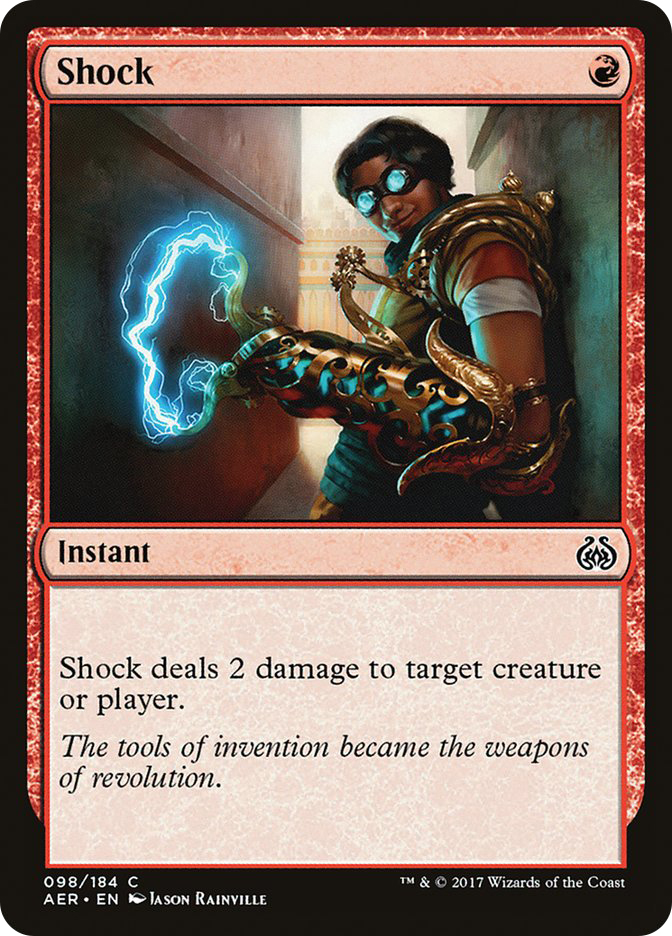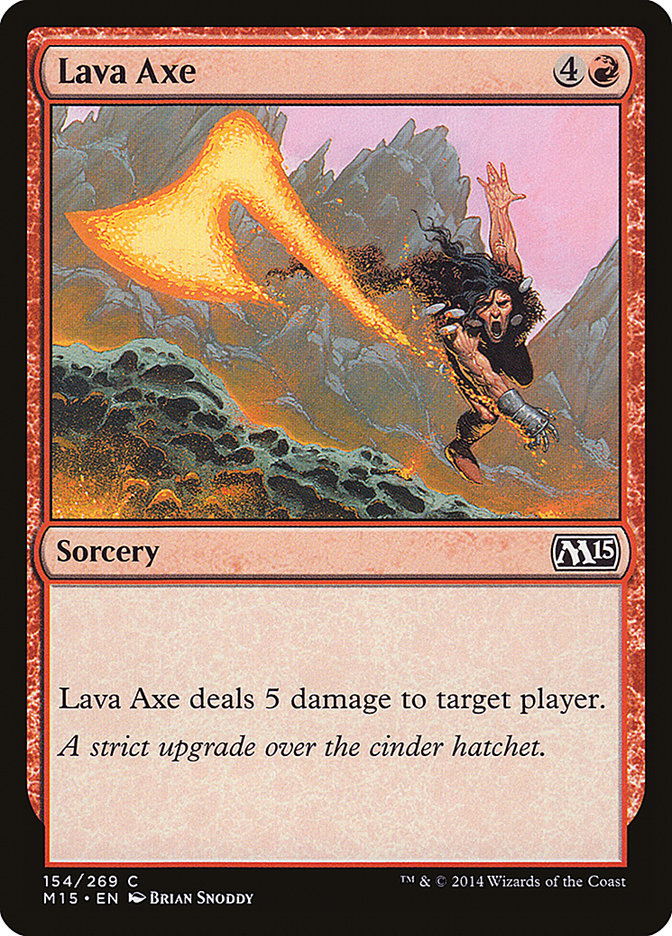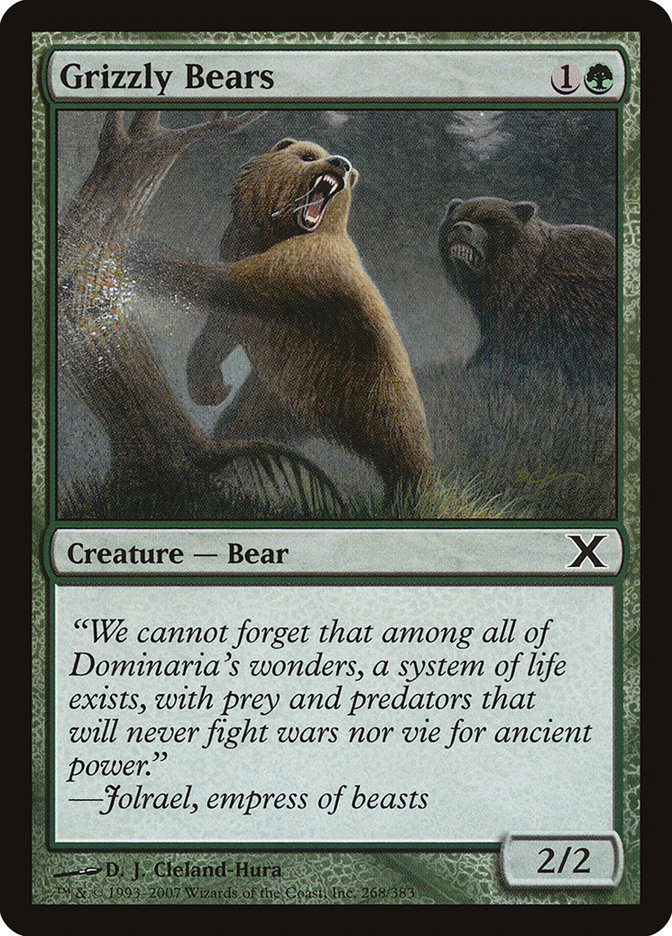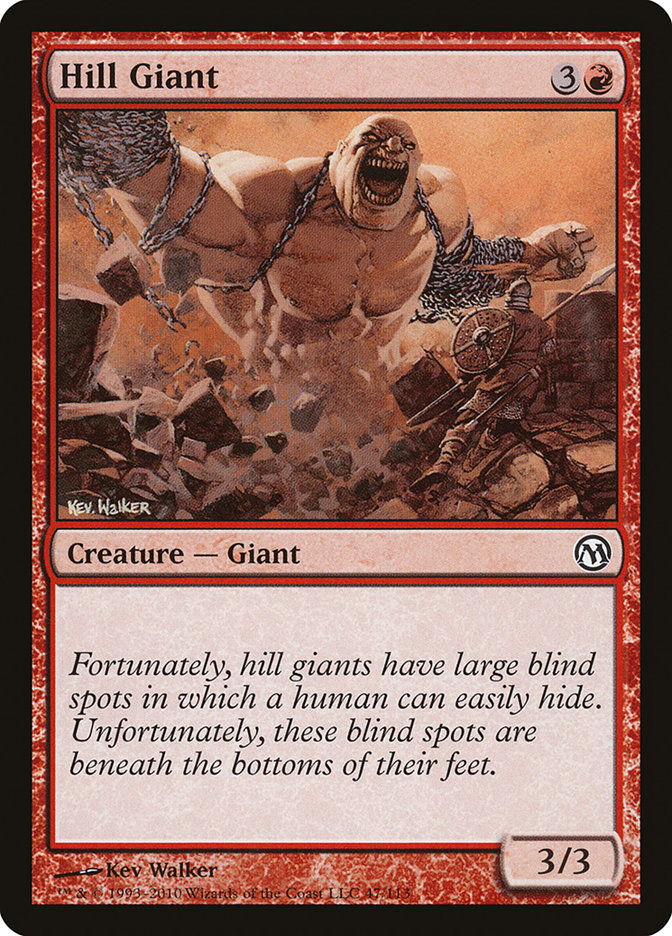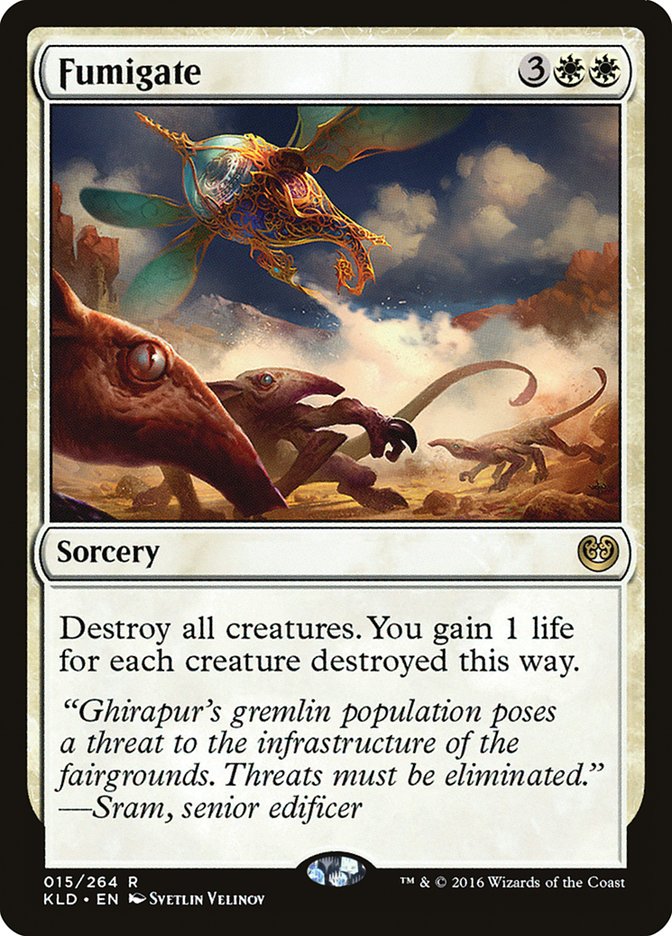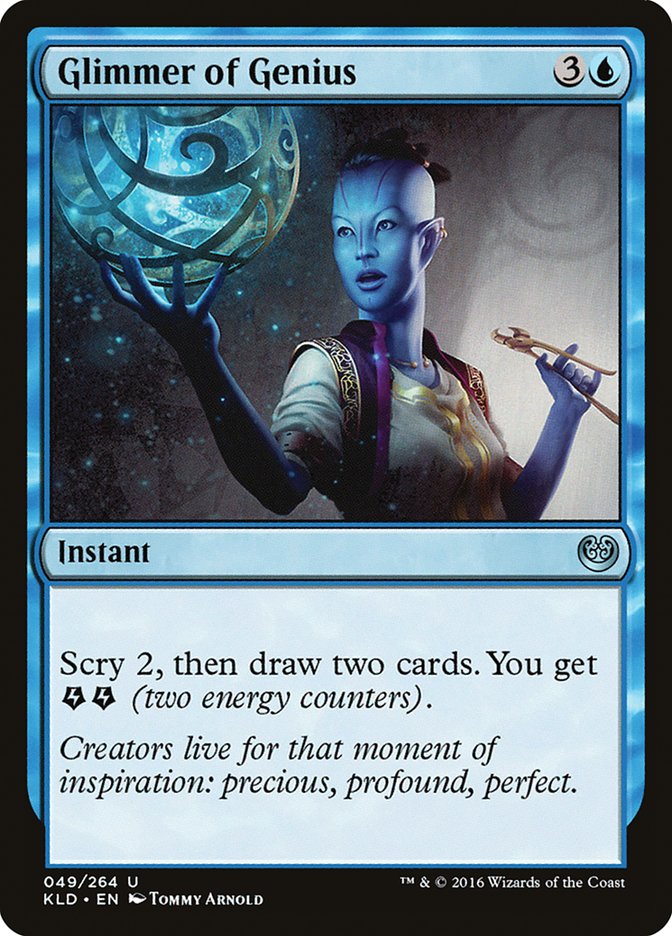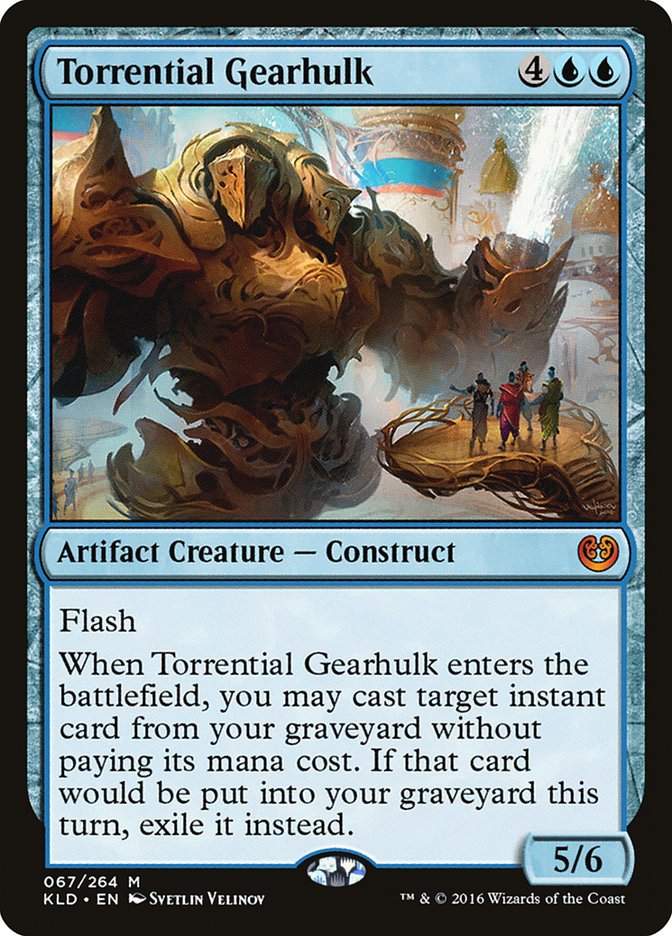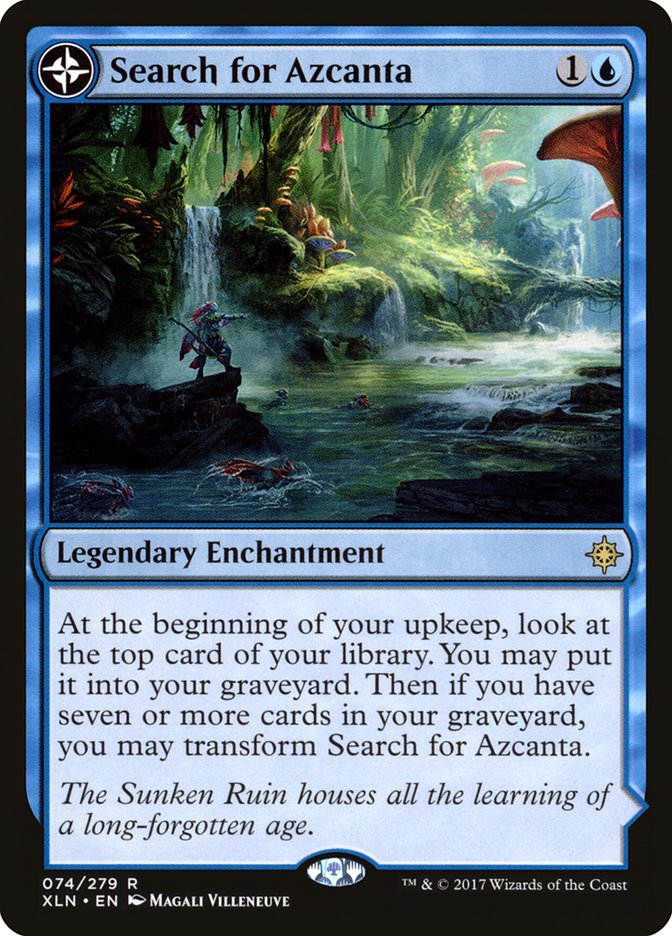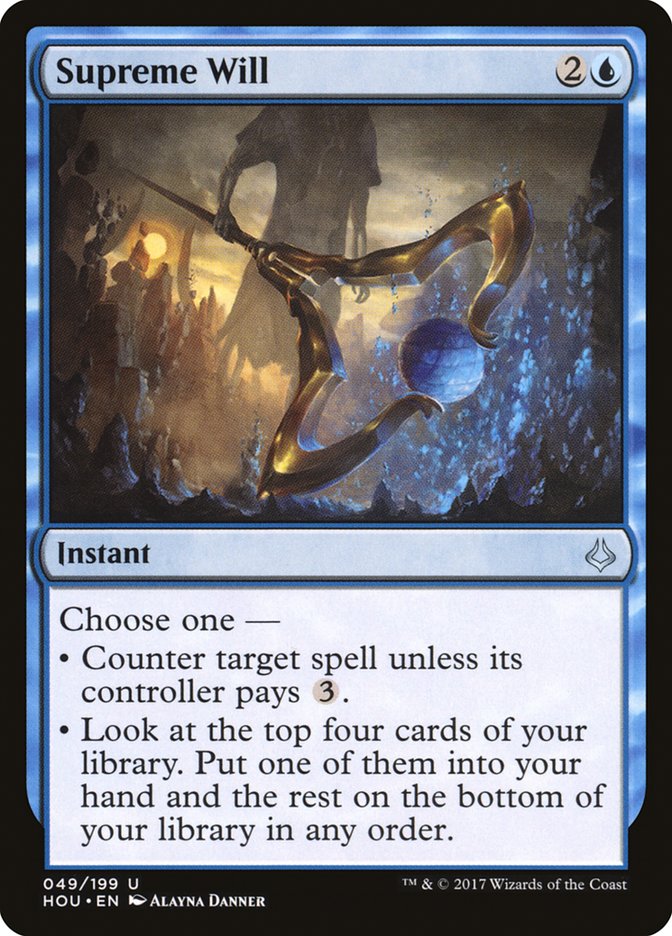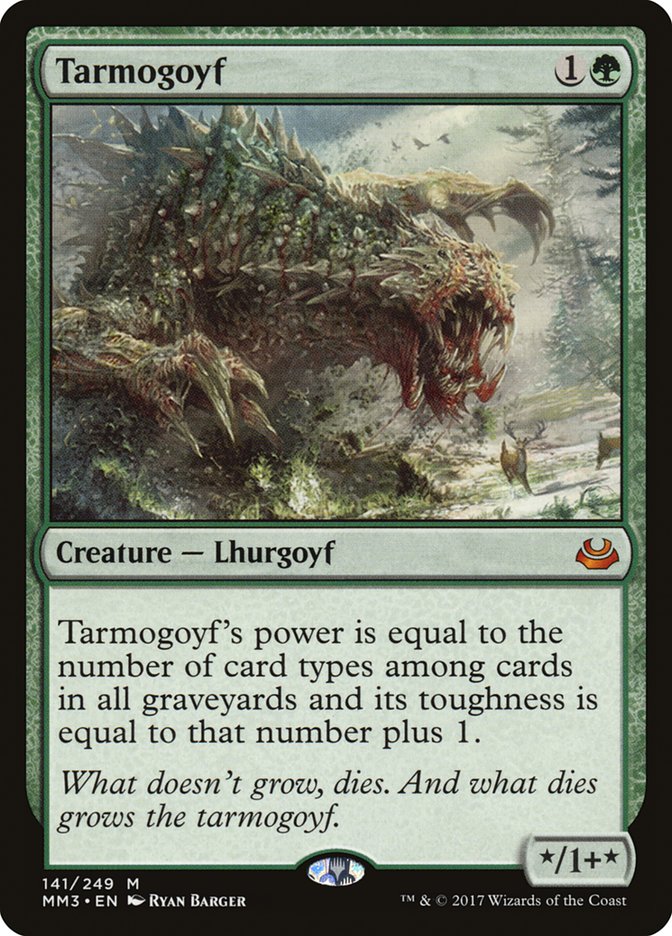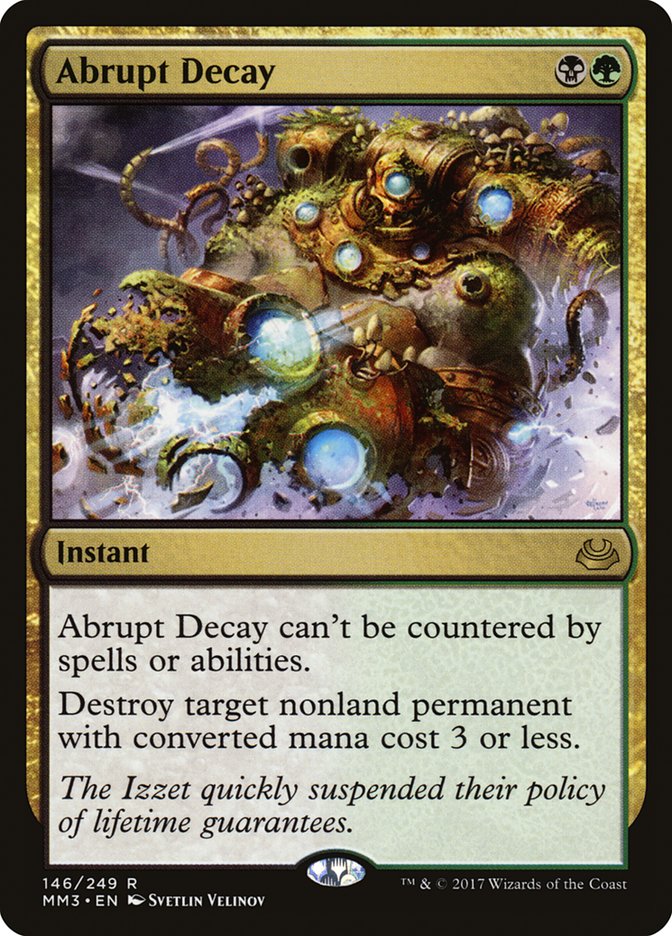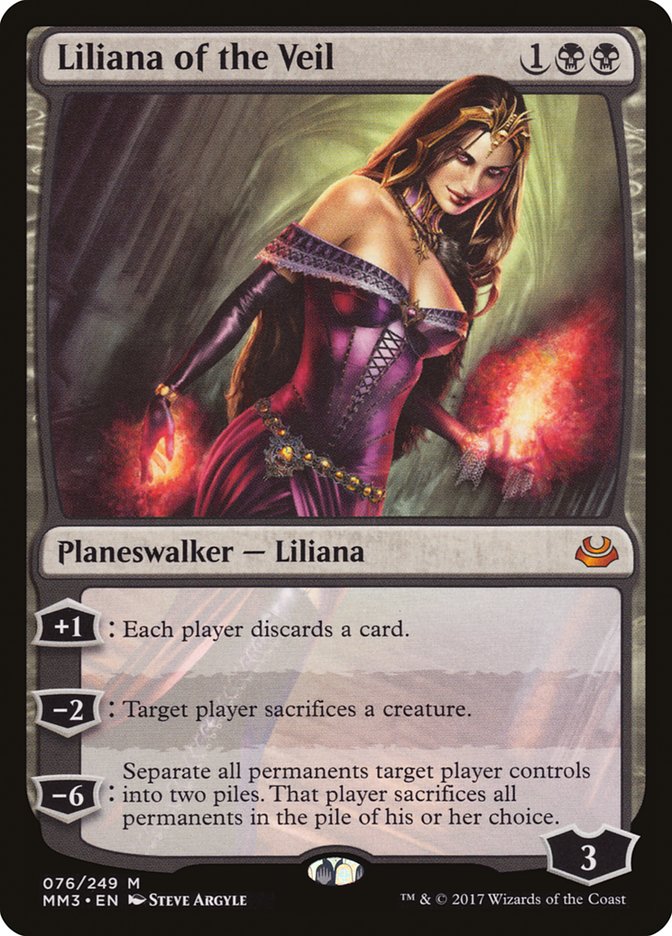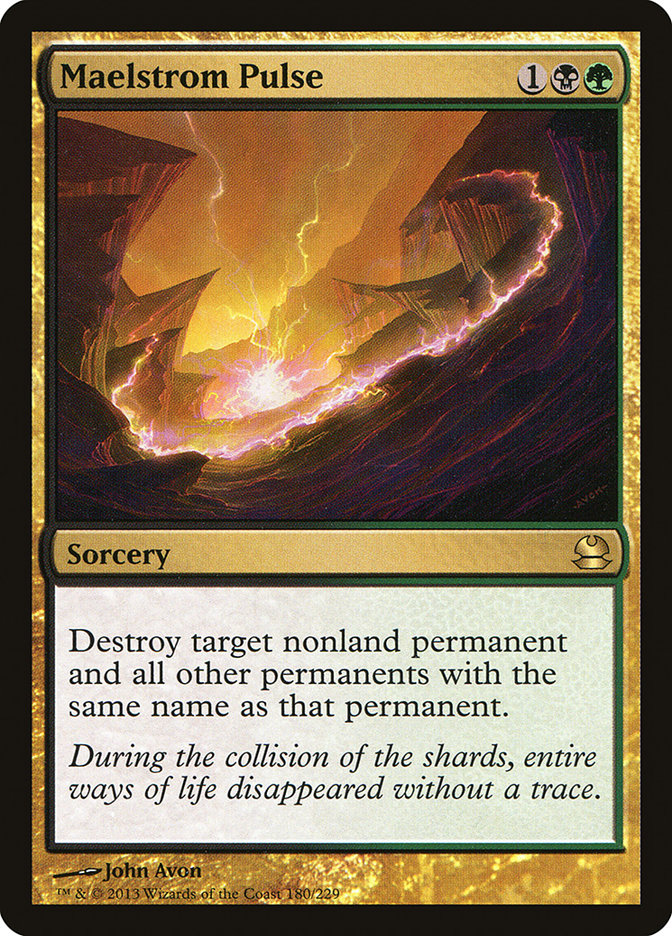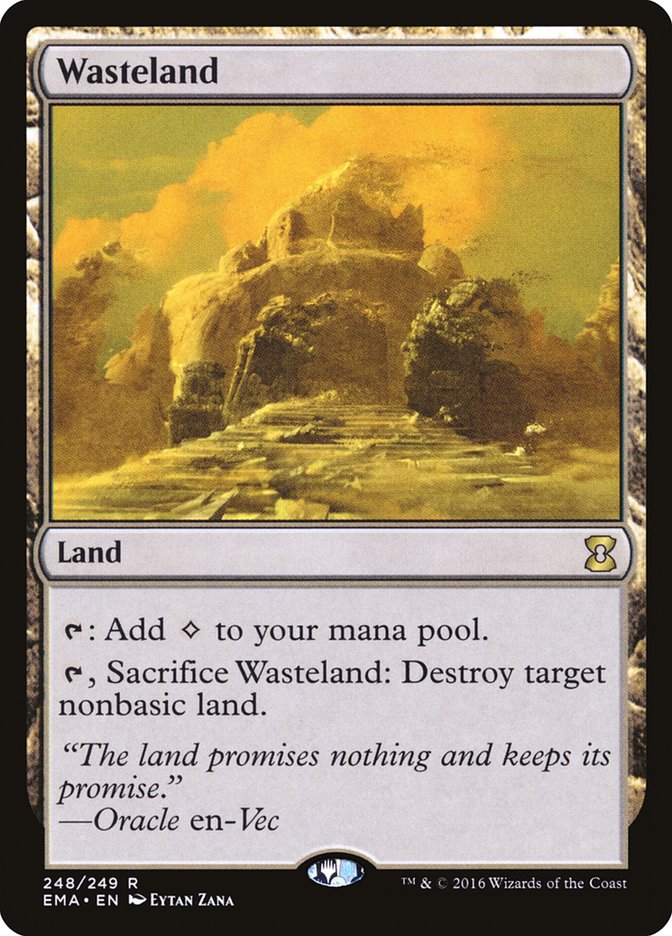Almost every successful Magic deck is built to be able to curve out. It’s the goal of any opening hand, which allows you to spend all of your mana every turn to avoid wasting any resources and allow yourself to get as far ahead as the game rules allow. Despite that, sometimes it’s better to do nothing than to use your mana on any given turn. In fact, the easiest way to identify a newer player is to see if they cast spells they don’t need to that they could get more use out of later.
The first lesson comes with Shock.
Last week, I was at my local game store, and two guys who had never played Magic came in and asked about it. The store set them up with a table and some Learn to Play decks, taught them the basic rules, and left them to do their thing, so I tried to watch to make sure they understood the rules and to answer any questions. Sure enough, the first thing that happened, the player with the red deck used Shock to put his opponent down to eighteen on the first turn.
I expect that everyone reading this is at the point where they know why that probably wasn’t the best play. This player wasn’t stupid. Far from it. He just didn’t know how games played out, and when you’re just starting out, it’s hard to know why doing nothing can be better than doing something.
I know card games pretty well, and I recently started playing Plants vs. Zombies Heroes because a friend was playing a lot. What’s the first thing I do when I start playing? Lava Axe my opponent on the first turn. Why? I don’t know, I should know better, but five seemed like a lot of damage, and I didn’t want to just do nothing…
Every time I learn a new game, I have to relearn the pacing of the game to see if I usually have time to use all my spells if I take a turn off at some point. It’s still a lot more natural for me to hold onto a spell and do nothing in a turn of Magic than Hearthstone, just because I know Magic better. I think it’ll always be a little counterintuitive that doing nothing can be the best way to accomplish something.
So we all know not to use a cheap burn spell on our opponent in the early-game. We might want to use it on a creature (we almost always will), and even if we don’t, we’ll have the ability to cast it later if we need to damage the opponent, and we’d rather they didn’t know that they had less life. Great, that makes sense.
The next lesson we learn is to use removal judiciously. I have a Doom Blade and pass with two mana. My opponent casts a Grizzly Bear. I choose not to kill it because I’m about to play a Hill Giant, so the Grizzly Bear won’t matter and I’ll be able to answer a more important creature later. I wasted two mana, but I got to keep a Doom Blade in my hand, and I’d happily give my opponent a 2/2 to get a Doom Blade in my hand.
For those of us who draft, we know how highly we take removal spells, and we know how valuable they are. Sometimes it’s easy to think about things in terms of trading our first pick for their tenth pick, and how that’s obviously not a great trade. This can help us learn to value and hold onto your removal, but sometimes it goes too far and you refuse to use removal on a creature you should answer, maybe a cheap creature that you won’t be able to block soon, or sometimes a large but overcosted threat that you have coded as a “bad card” that you don’t want to waste removal on, even though you’d normally be happy to kill a five mana creature.
After that, we learn more nuanced lessons about making our plays by thinking about what the opponent could do and playing around their cards. The most obvious step here is the idea of not overextending into a sweeper; at the extreme, if you have four creatures and your opponent has none, and each of your creatures is lethal, the only realistic way you’re not winning on the following turn if is your opponent does something that affects all creatures, so casting another creature doesn’t do anything, and you’re best off holding anything you have as a follow-up in case they answer everything you have on the battlefield.
In Constructed, we learn the situations don’t have to be anywhere near that extreme. We know our opponent’s U/W Control deck is planning to cast Fumigate on Turn 5 as long as they’re under sufficient pressure, so when considering playing a creature the turn or two before that, we have to ask ourselves if we can win if they have Fumigate, and, if so, whether we’re applying enough pressure to force them to use it. If we are, we probably want to wait to cast more creatures.
These are the basics. This is what I expect most players reading this article to know, but it goes further than that. There are a lot of situations where it’s right to do nothing for reasons I never even considered until someone else pointed them out to me. Where this is hardest is identifying spots where you don’t want to cast something with midrange decks that operate primarily at sorcery speed, especially on an empty battlefield.
My thinking went, “If you don’t act on your turn, you won’t be spending that mana, and your cards are expensive, so you can’t easily play them all in one turn later to make up for it, and you’re not already ahead, so you can’t sit back on your advantage…so why would you wait?”
One example that comes to mind is something Dave Shiels told me about last year regarding his success in a previous Grand Prix with B/G Delirium against U/R Torrential Gearhulk. Their deck was built to play removal spells and counterspells on Turns 2 and 3 before casting Glimmer of Genius on Turn 4 to make sure they hit their fifth and six lands and could cast Torrential Gearhulk on Turn 6.
By playing a spell on Turn 2 or 3, you’re letting them play their gameplan and trade resources and get cards in their graveyard. They’re never not going to have a two- and three-mana answer in their opening hand; that’s most of their deck and they’d mulligan such a hand. So he’d wait until they had four mana to start playing threats so that, if they wanted to counter them, they’d have to wait to cast Glimmer of Genius, which might make them miss a following land drop or would otherwise clog their hand, while you’ve had time to draw additional threats and play additional lands such that you can now play multiple spells a turn and keep pressure on them through the following turns to deny their window to safely cast Glimmer of Genius.
The lesson: If your opponent’s gameplan is purely reactive, you get to dictate the pace of the game. Their deck is built expecting games to play out a certain way, but you get to dictate whether they actually go that way.
It’s a lot harder to play this way against a control deck with Search for Azcanta and Supreme Will. Here, you let them further their gameplan and sculpt a hand when you pass without playing a threat. It is still a line that might be correct for some decks to take some portion of the time. If their deck is full of one-for-ones and card draw, and you never let them use an answer, they’ll get to the point where they have to discard, and as long as you’re not afraid of their end-game, for example if you have answers to Approach of the Second Sun or The Scarab God, you might want to wait until you have a lot of lands on the battlefield to start casting threats, especially if your opponent has a lot of soft counters like Censor or Supreme Will that you can turn off by playing this way.
Essentially, when you choose to pass against an opponent like this, you’re saying that you don’t think giving them time will let them kill you, and you think that once you both have access to your whole deck, your cards beat theirs, so you want to get as close to that as possible.
This kind of strategy is most common in the control mirror, when your opponent has a card advantage engine and you don’t, and if you aggressively trade, you’ll run out of cards and they won’t and they’ll win easily, but if you can just not act, so that both of you end up will full hands and drawing extra cards will just make them discard, you can minimize their advantage, especially if the match is likely to go to decking, like the current U/B mirror, where continuing to draw extra cards can actually hurt them.
Some midrange decks with enough of the right removal spells can find themselves in games like this as well. Especially if you have cards like Lost Legacy that let you remove an opponent’s finisher, you can really take your time to sculpt a hand, which has the advantage of choking your opponent’s mana, both because they can’t empty their hand and because they need to hold up enough mana to use counterspells on all the things you could cast.
Sometimes, this thinking can even apply to midrange decks where both players are operating primarily at sorcery speed, and it can still be best not to act.
If you’re on the draw with Tarmogoyf and Abrupt Decay in a Jund mirror in Modern, if your opponent has nothing, it can be tempting to cast the Tarmogoyf to start applying pressure, but if your opponent casts Liliana of the Veil, they get to kill your Tarmogoyf and you have to use your Abrupt Decay on Liliana on the following turn, so they’ve gotten a two-for-one. If you pass and they cast Liliana, then they activate the +1 ability and you both discard and you kill the Liliana with Abrupt Decay, you maintain card parity. If they cast something else, we still get to use Abrupt Decay on that if we need to.
In this situation, I ignored the opponent’s mana and battlefield for the sake of simplicity, but consider that in this spot they probably either have a threat on the battlefield or their mana is untapped. If they have a threat in play, you may want to Abrupt Decay it, and you may want to do nothing, but casting your own Tarmogoyf is likely pretty bad, since it’s horrible if they have Liliana, and even if they have another removal spell they still get to kill your creature and attack. If their mana is up, you get even less value out of casting your threat rather than holding your answer because you’re letting them spend that mana that wasn’t doing anything to kill your creature.
That’s a pretty simple version of the question because it’s relatively painless to wait to spend our mana until their turn, but what if we have a Maelstrom Pulse instead of an Abrupt Decay?
It’s a lot harder to bring yourself to pass here because you don’t want to do nothing with your mana when you don’t even have an instant to cast, but the situation is actually the same. The game at this point is unlikely to really come down to tempo. It’s about card advantage, and you still don’t want to let your opponent two-for-one you with Liliana, and casting your threat still just isn’t that valuable; most likely, you’re just letting your opponent use their resources the way they’re intending to. Maybe at some point in the future you can set up a turn where you can cast two creatures when your opponent can’t answer both, and then if they try to kill one with Liliana, the other can attack the planeswalker. Better yet, maybe you can do this with a Raging Ravine on the battlefield to make it very unlikely that they’ll be able to protect Liliana.
I often hear people say that midrange decks are mindless because you just cast your most expensive spell every turn, but if that were true, we wouldn’t see the same people consistently win with midrange decks. So how do you get an edge with a deck with a curve of expensive sorcery-speed spells where the only real options are to cast your spells or not? Well, if most players always choose to cast their spells, but they also don’t always win, maybe the trick is to look for the spot where the right choice is not to cast your spells.
It’s easy to fall into the trap of starting a turn by asking ourselves “Which spell should I cast?” or “How can I best spend my mana this turn?” and not, “What happens if I cast this? What happens if I don’t? Should I cast this, or is it better to pass?”
Cards present options. They demand our attention. That makes us overlook options that are present, yet not presented. Doing nothing requires paying a little more attention; playing on autopilot, you don’t often find yourself just passing. You’ll win more if you can think outside of the box and keep all your options in mind, especially the overlooked options, like not acting at all.


